GST
REGULATORY UPDATES
1.Taxpayers can now Check their GST Returns for last 5 Return periods on GST Portal. The Return Calendar will help every registered business and professionals to check the past 5 returns periods so as to avoid incurring any interest or late fee.
2. CBIC allows companies to file GST Returns without DSC with Mobile OTP
The Central Board of Indirect Taxes and Customs (CBIC) allowed the companies to file GST Returns without Digital Signature Certificate (DSC) with Mobile One Time Password (OTP). The government notified the Central Goods and Services Tax (Second Amendment) Rules, 2021 which seeks to amend Central Goods and Services Tax Rules, 2017.
3.Advisory on implementation of PMT-03 to re-credit the ITC sanctioned as refund
Background:
Earlier, the CBIC issued the Notification No.16/2020-Central Tax dated 23.03.2020, vide which sub-rule (4A) has been inserted in Rule 86 of the Central Goods and Services Tax Rules, 2017 (“CGST Rules”) and a Circular No 135/05/2020 dated 31.03.2020 (Para 4), wherein the procedure for refund of tax paid on supplies, other than zero rated supplies was provided.
Advisory:
The CBIC issued Advisory No. 8 /2021- Refunds dated April 20, 2021 w.r.t. implementation of PMT-03 to recredit the Input Tax Credit (“ITC”) sanctioned as refund, in a following manner:
- The refund of tax wrongly paid or paid in excess shall be made in the same mode by which the tax liability was discharged i.e. if the tax was paid by partly debiting the credit ledger and partly debiting the cash ledger,the refund shall be sanctioned in the same proportion. The cash part has to be sanctioned and credited to the bank account of the taxpayer by issuance of RFD-05 and the credit part should be re-credited to the electronic credit ledger of the taxpayer through PMT-03.
- In order to enable the operationalisation of re-crediting of ITC sanctioned as refund towards tax wrongly paid or paid in excess by debiting the credit ledger, a new enhanced PMT-03 functionality has been developed and deployed in the system, which is applicable only to the following 4 types of refund:
- Refund of excess payment of tax;
- Refund of tax paid on intra-state supply which is subsequently held to be inter-state supply and vice versa;
- Refund on account of assessment/provisional assessment/appeal/any other order; and
- Refund on account of “any other” ground or reason.
Effect:
This Advisory has been issued to clarify the manner for refund/re-credit of ITC sanctioned as refund, through PMT-03.3.
RECENT JUDICIAL RULINGS ON GST
1.Allowed use of Form-C to purchase Petroleum, Natural Gas and Liquor products post GST.
The Hon’ble Supreme Court of India in the Commissioner of Commercial Taxes and Anr. etc. v. the Ramco Cements Ltd. etc. [Petition(s) for Special Leave to Appeal (C) No(s) .15785-15788/2020, dated March 24, 2021] declined to interfere in Revenue’s Special Leave Petitions, for use of ‘C’ Forms of the Central Sales Tax Act, 1956 (“CST Act”) post GST in respect of purchase of six commodities (petroleum crude, diesel, petrol, aviation turbine fuel, natural gas and liquor) for use in the course of inter-state trade or commerce by the Assessee.
2.Gift vouchers are neither goods nor services, but instruments used as consideration for payment –Controversy Saga Continues
The AAAR, Tamil Nadu in the matter of Kalyan Jewellers India Ltd. [Order-in-Appeal No. AAAR/11/2021 (AR),dated March 30, 2021] modified the order passed by the AAR, Tamil Nadu to the extent that vouchers are neither good nor service and the Central Goods and Services Tax Act, 2017 (“CGST Act”), recognized it as an instrument of consideration (non-monetary form) for future supply. Further, held that Goods and Services Tax (“GST”) will be levied at the time of issue of the voucher and not at the time of actual availing of service or time of redeeming the voucher as the supply is deemed to have been made at the time of issue of voucher itself.
Our comments:
Vouchers have no inherent value of their own and are just an instrument which are accepted as consideration for supply of underlying goods or service.
According to Rule 32(6) of the CGST Rules, voucher gets its worth from the underlying goods or services redeemable against them. Subsequently, if the supply of goods/services is not clearly known at the time of issuance of voucher or if it does not indicate the goods/services against which the voucher can be redeemed, will bring result in double tax collection; once at the time of supply of vouchers and afterward again at the time of supply of basic goods or services. Therefore, the CBIC must come out with appropriate clarification in this regard.
It is pertinent to note that if the vouchers are considered as an instrument for payment that means the same is covered under the definition of ‘Money’ under the CGST Act, which excluded from the definition of both “Goods” and “Services” and hence not chargeable to GST. Further, in the service tax regime, the definition of ‘Money’ was essentially same as under CGST Act.
The Hon’ble Delhi High Court in Union of India vs. Delhi Chit Fund Association (W.P. (C) 4512/2012, dated April 23, 2013) has held that, a mere transaction in money represents the gross value of the transaction. But what is chargeable to service tax is not the transaction in money itself since it can by no means be considered as a service.
Therefore, there might not be any GST implications on the issuance of vouchers unless underlying goods or services are actually supplied as consideration.
3.Supply of medicines, food, room on rent etc. to in-patients is a composite supply of healthcare service.
The AAR Gujarat, in the matter of M/s Baroda Medicare (P.) Ltd., [Advance Ruling No. GUJ/GAAR/R/106 OF 2020 dated, December 30, 2020] has held that, the supply of medicines, surgical items, implants, consumables and other allied services & items provided by the hospital through their hospital in-house pharmacy, as well as food, room on rent, other services to the in-patients admitted to hospital for diagnosis, or medical treatment or procedures is part of composite supply of health care treatment service and is exempted under SI. No. 74 of the Notification No. 12/2017-Central Tax (Rate) dated June 28, 2017 (“Services Exemption Notification”)
4.CBIC exempt the customs duty on imports of Remdesivir and related ingredients
The CBIC vide Notification No. 27/2021–Customs, dated April 20, 2021, has exempted certain goods, from the whole of the duty of customs leviable under the Customs Act, 1962, till October 31, 2021, when imported into India, to increase the production and supply of the anti-COVID-19 drug as infections rise rapidly and due to surge in demand over the recent few days in India as the second wave of COVID-19 cases is sweeping across the country.
Effect: Customs Duty levied on imports of Remdesivir injections, Active Pharma Ingredients used in its manufacture has been withdrawn and a conditional customs duty exemption has been granted for the ingredient Beta Cyclodextrin (SBEBCD) used in the manufacture of Remdesivir, till October 31, 2021.
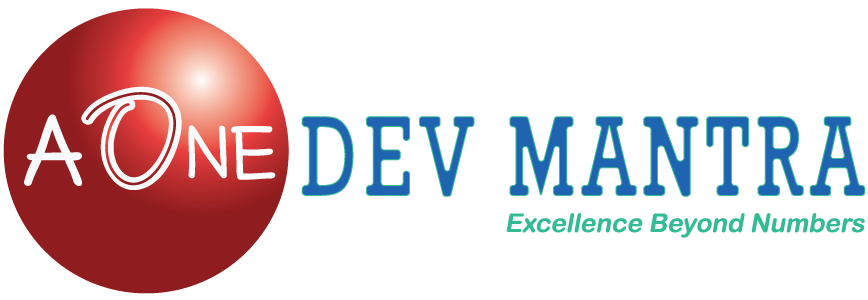
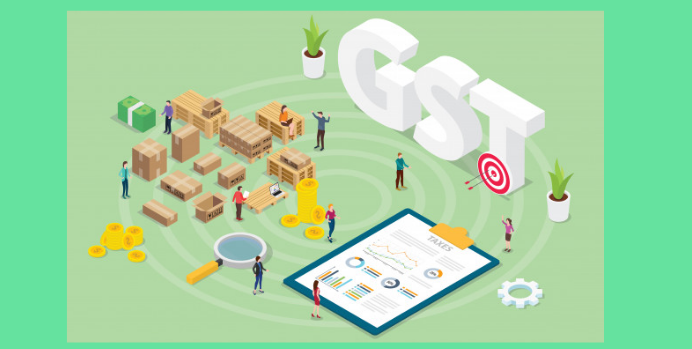



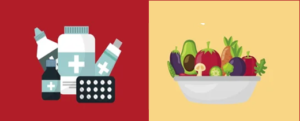
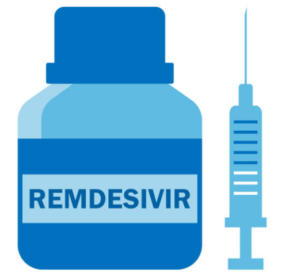
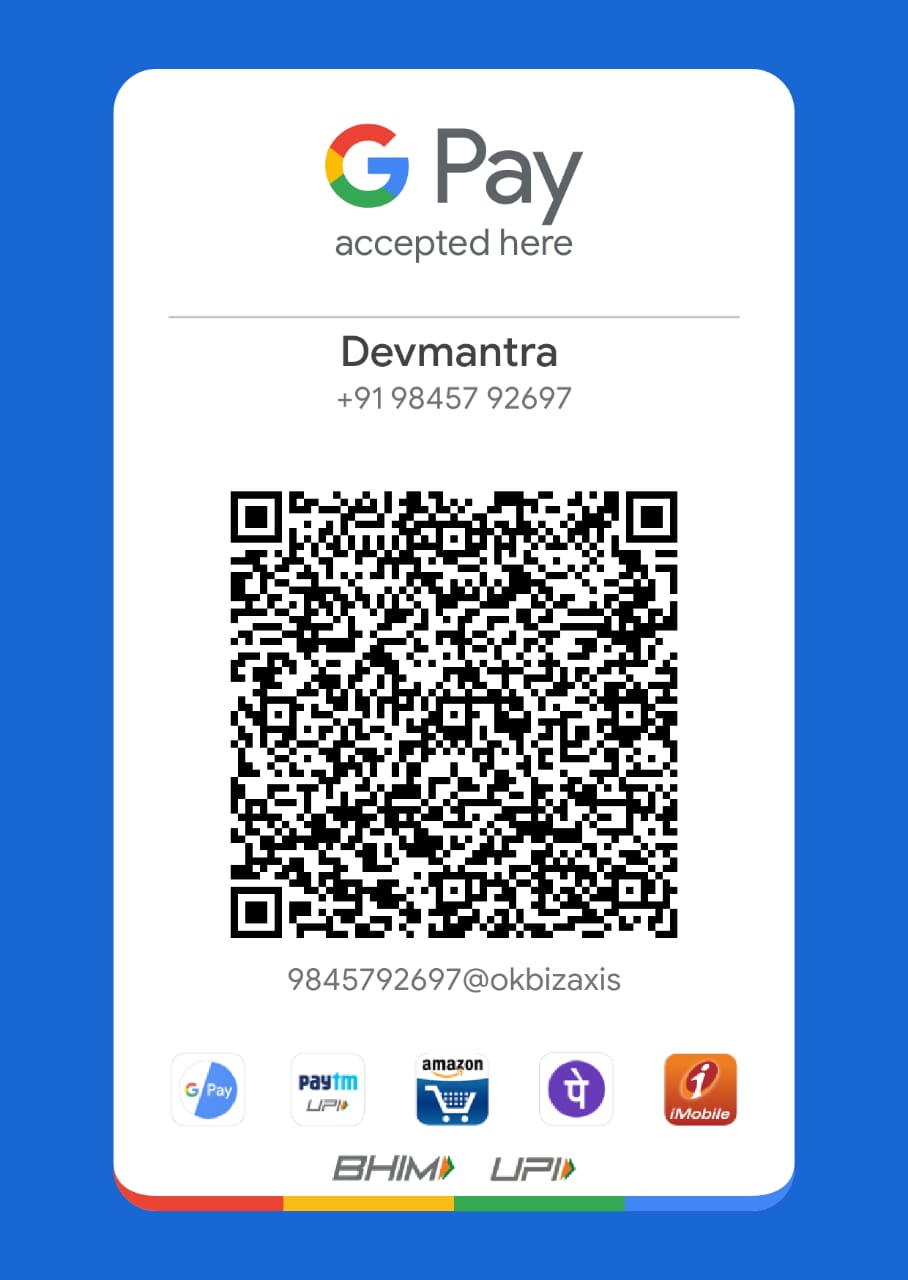
Recent Comments